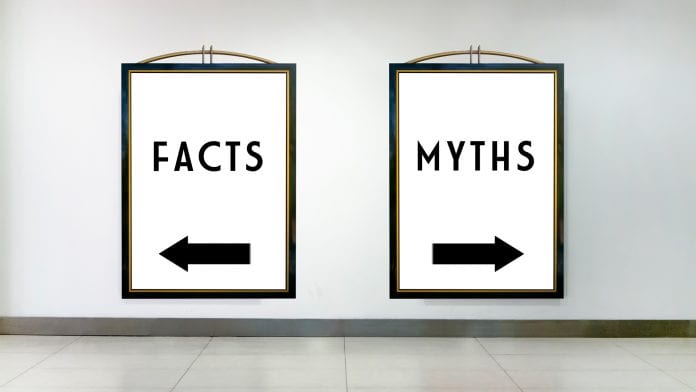
According to new studies, 71% of parents say they try to prevent a cold in their children by following non-evidence-based ‘folklore’ advice.
According to the C.S. Mott Children’s Hospital National Poll on Children’s Health, at the University of Michigan, USA, parents have been using non-evidence-based cold prevention methods for kids. Despite little or no scientific evidence suggesting these types of methods actually help individuals avoid catching or preventing a cold, many parents still believe ‘folklore strategies’ or using vitamins/ supplements help to prevent a cold.
How to prevent a cold 101
On the plus side, 99% of parents in the study said their approach to prevent a cold involved strong personal hygiene, which is in fact a scientific preventative measure of avoiding the spread of cold. Personal hygiene typically includes encouraging children to wash hands frequently, teaching children not to put their hands near their mouth or nose and discouraging children from sharing utensils or drinks with others.
Nevertheless, 51% of parents gave their child an over-the-counter vitamin or supplement to prevent colds, even without evidence that they work. 71% of parents also say they try to protect their child from catching a cold by following non-evidence-based folklore advice, such as preventing children from going outside with wet hair or encouraging them to spend more time indoors.
Using fact not folklore
Gary Freed, M.D., M.P.H., co-director of the poll and a paediatrician at the hospital explains: “The positive news is that the majority of parents do follow evidence-based recommendations to avoid catching or spreading the common cold and other illnesses.”
“However, many parents are also using supplements and vitamins not proven to be effective in preventing colds and that are not regulated by the U.S. Food and Drug Administration. These are products that may be heavily advertised and commonly used but none have been independently shown to have any definitive effect on cold prevention.”
There is no evidence that by providing a child Vitamin C, multivitamins or other products advertised to boost the immune system is effective when an individual is trying to prevent a cold. Freed also notes that the effectiveness of supplements and vitamins do not need to be proven in order for them to be sold.
Moreover, the folklore strategies, have most likely been passed down from generation to generation and started before people knew that germs were actually the cause of illnesses like colds.
On average, school-age children experience three to six colds per year, with some lasting as long as two weeks.
“When children are sick with a cold, it affects the whole family.” Freed adds.
“It’s important for parents to understand which cold prevention strategies are evidence-based. While some methods are very effective in preventing children from catching the cold, others have not been shown to actually make any difference.”








Is there really no evidence to claim that preventing children from going outuside with wet hair makes no difference in getting a cold?!
The article says: “71% of parents also say they try to protect their child from catching a cold by following non-evidence-based folklore advice, such as preventing children from going outside with wet hair..”
According to a article based on facts from 2012 http://www.bbc.com/future/story/20120305-youll-catch-a-cold-with-wet-hair the conclusion about this ist “…there might well have been some truth in my grandmother’s advice not to go out with wet hair. It will not give you a cold, as she said, but it might trigger one.”